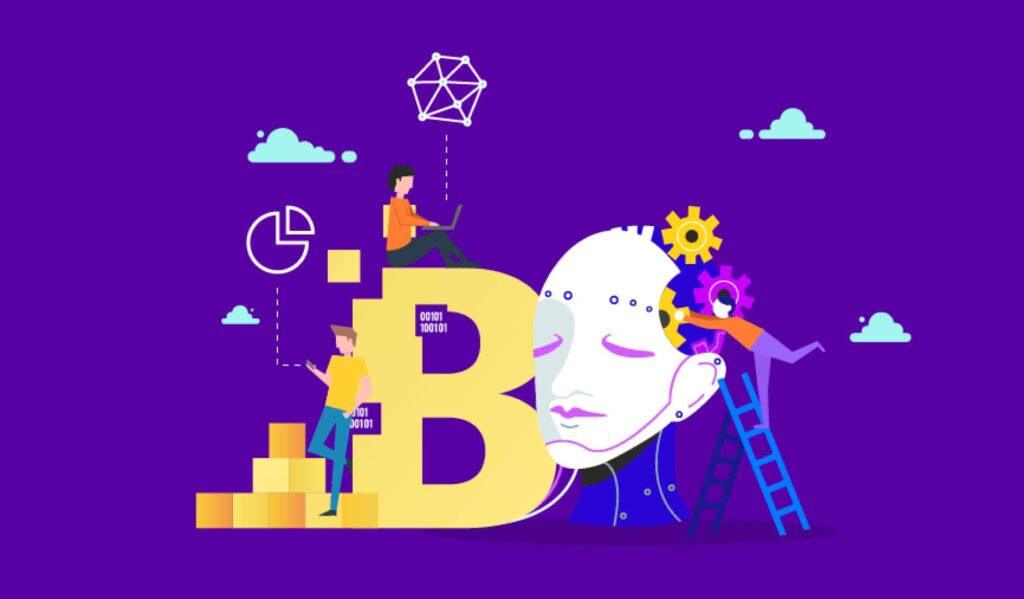Exploring the Merge of Crypto and AI


The two IT phenomena that have received the most attention over the last two years by a significant margin are artificial intelligence and blockchain. These technologies have drawn a lot of interest for a good reason. AI is expected to automate a variety of functions and is frequently more adept than humans at simulating complicated scenarios. Blockchain, on the other hand, provides better data security and privacy while simultaneously lowering the administrative burden and centralization of power of large institutions.
Combining blockchain with AI may seem illogical or like a sales pitch for the upcoming massive ICO hoax. These two technologies could, however, complement one another for valid reasons. By counteracting each other’s negative inclinations, they both address the shortcomings of the other. Future AI may very possibly rely on datasets kept on the blockchain and distributed computing built on blockchain breakthroughs. Blockchains, in turn, may employ AI to commercialize user-controlled data, establish a market for AI models, or even produce autonomous organizations.
Over the ensuing decades, there will be several advances that will fundamentally alter the way we see and discuss these technologies. There will be difficulties in combining the two. Undoubtedly, using blockchain for AI applications is more challenging than using a conventional database because of its limitations as a data storage and retrieval method. In addition, hard coding a smart contract or decentralized organization is significantly simpler than creating an AI that is capable of doing those tasks securely on its own. However, the upcoming prospects are intriguing if we can reach that stage.
The system’s center of authority is the first significant philosophical distinction between blockchain and artificial intelligence. AI trains its algorithms using enormous computational capacity and as-complete-as-possible data repositories. As a result, the businesses with the most resources and data benefit from the improvements in AI and have more money to spend on creating better AI. AI is a centralizing technology, as a result, it encourages the accumulation of computer power and data. One prevalent worry is that because the poor can’t benefit from AI, it would inevitably lead to income disparity and make the affluent even richer.
The philosophical problem with AI could be solved via blockchain. Blockchain ledgers allow for the decentralized management of data and computational resources while making them accessible to the whole network. Decentralization always increases network latency, therefore, major efforts would need to be taken to speed up blockchain ledgers if they were to be utilized with AI. However, the concept that customers may continue to retain their data or computing power and rent it to large firms as required shows potential.
Conclusion
There are a lot of innovative potential uses for blockchain and AI together. But keep in mind that these technologies are still in their infancy. The majority of these hybrid applications will require years to create, or they may never materialize. They are indeed potent concepts, but while working on such projects, researchers and developers should use extreme caution. Both blockchain and AI have significant ethical ramifications, and there are significant risks to the business, government, and society at large.
Shiv Kr Chhatwal is a Marketing Intern at NonceBlox Pvt. Ltd. Currently pursuing his undergraduate in commerce and is very curious to learn about Finance, Digital marketing, and management skills.